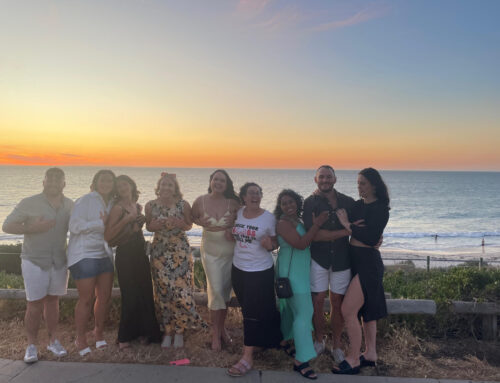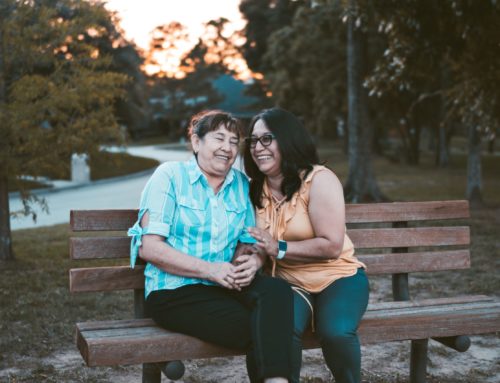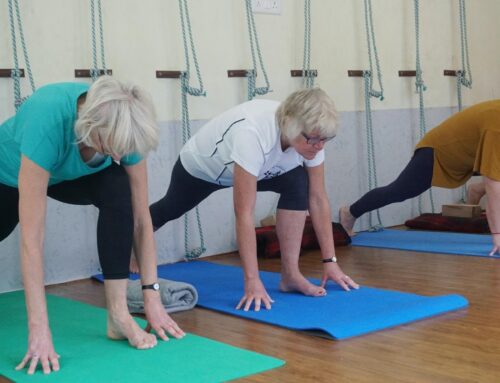Fatigue is common among people with a cancer diagnosis and the impacts can be very disruptive and frustrating. According to the Cancer Council, fatigue is different to normal tiredness because it doesn’t always go away with rest or sleep, some people describe it as a sense of mental and physical exhaustion.
While fatigue affects people with cancer differently, and may vary according to the stage of treatment, there is a range of symptoms which include:
- Having little or no energy
- Muscle aches and pains
- Weakness or slowness
- Trouble thinking clearly or concentrating
- An inability to undertake daily tasks.
For some people symptoms improve 6-12 months after treatment ends, but for others the impacts linger for a much longer amount of time. We spoke to Valion Health clinical psycho-oncologist Rebecca Van Lloy to learn more about how fatigue affects wellbeing, what cancer patients can expect and how they can manage their fatigue.
The impacts of fatigue
Rebecca has worked with cancer patients for more than 10 years and says that in her experience fatigue is the cancer symptom that has the most significant impact on the psychological wellbeing of people.
“What makes us tick as human beings is a sense of competency and independence. Cancer-related fatigue can shake that foundation to the core.”
Rebecca said that fatigue can make people feel as though they are not pulling their weight or contributing fairly, and this has a huge impact on wellbeing.
“I think about human relationships as a seesaw where we’re all happy with a 50/50 balance between giving and taking. No one wants to be on the end of a relationship seesaw where you’re taking more than you’re giving and that’s exactly what cancer-related fatigue can suddenly do to people.”
When fatigue isn’t managed effectively it can spiral into low mood or anxiety and depression, which is why it is important to have an effective fatigue management plan in place, and for Rebecca an important component in this plan is simply managing people’s expectations about what they will be able to achieve in a day.
“People are used to having around 16 hours in a day to manage all the facets in their life, including work, family, relationships along with social and self-care components. For individuals that live very full and demanding lives this can represent a dramatic change in the way life looks after a diagnosis.
“For cancer patients in active treatment, fatigue means they’re likely facing a six-hour day (in terms of their ‘body battery’), and this makes some people feel very overwhelmed, especially if they don’t have support.
“We help people make decisions about what’s important and how to pace themselves so they can avoid feelings of guilt and shame associated with reduced capacity. For some people asking for, and accepting help, is a huge barrier that needs to be overcome so they have the energy left to do things that are actually important to them. For others breaking life into ‘doable bites’ can feel demoralizing and unsatisfying and it is a challenge to learn to pace themselves.
Treatment timepoints
It makes sense that fatigue levels ebb and flow according to the stage of treatment, but Rebecca says that a common trap people fall into is expecting capacity levels to return to normal once the acute phase of treatment has passed.
“People expect to feel like a train-wreck when they’re in the middle of chemotherapy or just out of surgery. This is often when you’ve got the most support, when there are people available to assume responsibilities and you’ve got permission to nap and let go of control.
“It can still be difficult, but I think most people get to a point of acceptance.”
Rebecca says the additional support means people often manage their fatigue well in the first 6 weeks to three months post the acute treatment stage, but it’s from three months to nine months when things become a little more complicated.
“This is when we need to give people lots of information and education as there is an expectation that energy and activity levels will simply bounce back to where they were pre-diagnosis. While exercise and maintaining a healthy diet play an important role in managing fatigue, it is only part of the strategy. Managing expectations over time is key”.
“From three months responsibilities creep back, you may return to work and pretty soon the 16 hour day arrives, and this is often when people hit a wall and start experiencing increased levels of fatigue.
“This impacts psychological wellbeing in many ways, some people worry their cancer has come back, some people feel guilty that they still aren’t functioning properly or that others will think they’re playing the ‘cancer card’ and for many people the fatigue will fuel anxiety,” she said.
While none of these may be the case, the simple fact is recovering and rebuilding after cancer takes time and a lot of energy and the trajectory is different for everyone so unhelpful time points such as ‘you should be able to return to work after three months,’ can add unnecessary pressure.
“People can be set up to fail if they return to work prematurely or without adequate support and may find in six months that they end up struggling to cope. We can avoid this by simply informing people that their recovery will be as unique as their cancer experience,” said Rebecca.
Fatigue management
The Cancer Council offers these tips for managing fatigue:
- Plan a loose daily schedule or routine based on how you are feeling.
- Save your energy for what you want or need to do most.
- Pace yourself. Try to attend to one thing at a time and include regular short breaks throughout the day. Rest when you need to.
- Eat as well as possible, drink lots of water, and avoid smoking and alcohol. Watch our Diet and Cancer FAQs
- Be physically active – ask your health care team how to exercise safely for your situation.
- Try relaxation and meditation techniques.
- If you can, ask family, friends or neighbours to help you.
- Listen to the podcast The Thing About Cancer at cancercouncil.com.au/podcasts for tips on how to manage fatigue, sleep and cancer.
- Your local council or social worker can put you in touch with organisations for help at home (such as house cleaning, meals or shopping). Sometimes these services are free.
- Remember fatigue usually gets better over time.
The Valion Health Cancer Support for Life and Cancer Support Complete Program ensures people with a history of cancer can continue to live well with a cancer diagnosis through providing an expert team to offer tailored strategies for building strength, reducing fatigue and increasing fitness. Learn more about the Cancer Support Complete Program and our Cancer Support for Life Program.



